Teknik Pengolahan Pangan Poaching Menggunakan Api Dengan Titik Didih
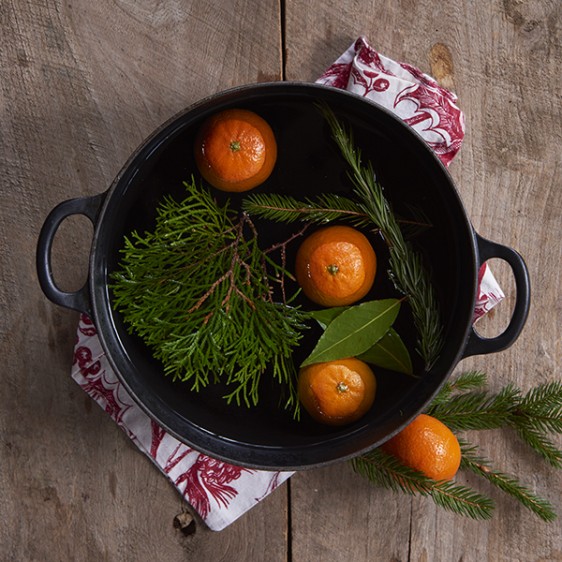
10 Easy Simmer Pot Recipes For A (Naturally) DeliciousSmelling Home
Reason #1: Speed. The biggest reason why recipes have you boil first, then reduce to a simmer is speed and efficiency. When you're bringing water, a soup, sauce, or any other liquid to a boil, you're usually doing so over high heat, which means you're getting maximum output from your burners. This quickly brings a liquid up to its boiling.

Do You Simmer With the Lid on or Off? Simmering Tips Cuisine Seeker
Answer: You can boil just about any foods that have a pleasant aroma to make your house smell good. Apples, berries, orange peels, lemon peels, lime peels, vanilla, cloves, cinnamon sticks, mint leaves and more. A simmer pot is a great way to do this. Question: What is a Simmer Pot?
:max_bytes(150000):strip_icc()/how-to-cook-corned-beef-2215826-v4-HL-FINAL-5bfc29df46e0fb00511966b8.png)
3 Ways to Cook Corned Beef
How to Create a Simmer Pot. Fill a small saucepan with water and bring it to a boil. Add the ingredients from your favorite recipe, continue to boil for a few minutes, then turn the heat down to simmer. Keep an eye on it and add water as needed, usually every 30 minutes or so. You can also use a Crock-Pot or other slow cooker to create a simmer.

Christmas Simmer Potpourri Pink Fortitude, LLC Christmas Crock
The temperature range between 140 and 170°F is ideal for gently poaching meats, fish, and eggs (around 160°F is standard if you don't want to wait hours for your proteins to cook) 170 to 195°F: Sub-simmer. The bubbles from the sides and bottom of the pot have begun to rise to the surface.

Shrimp Boil Recipe Cooking Classy
Fill your slow cooker with water about 3/4 full. Add your desired ingredients, put on the lid, and turn the slow cooker on HIGH. Once the pot starts to steam, turn the machine to LOW and remove the lid. Check on your slow cooker every 30-45 minutes to ensure the water level does not dip below halfway full. Add more water as needed.
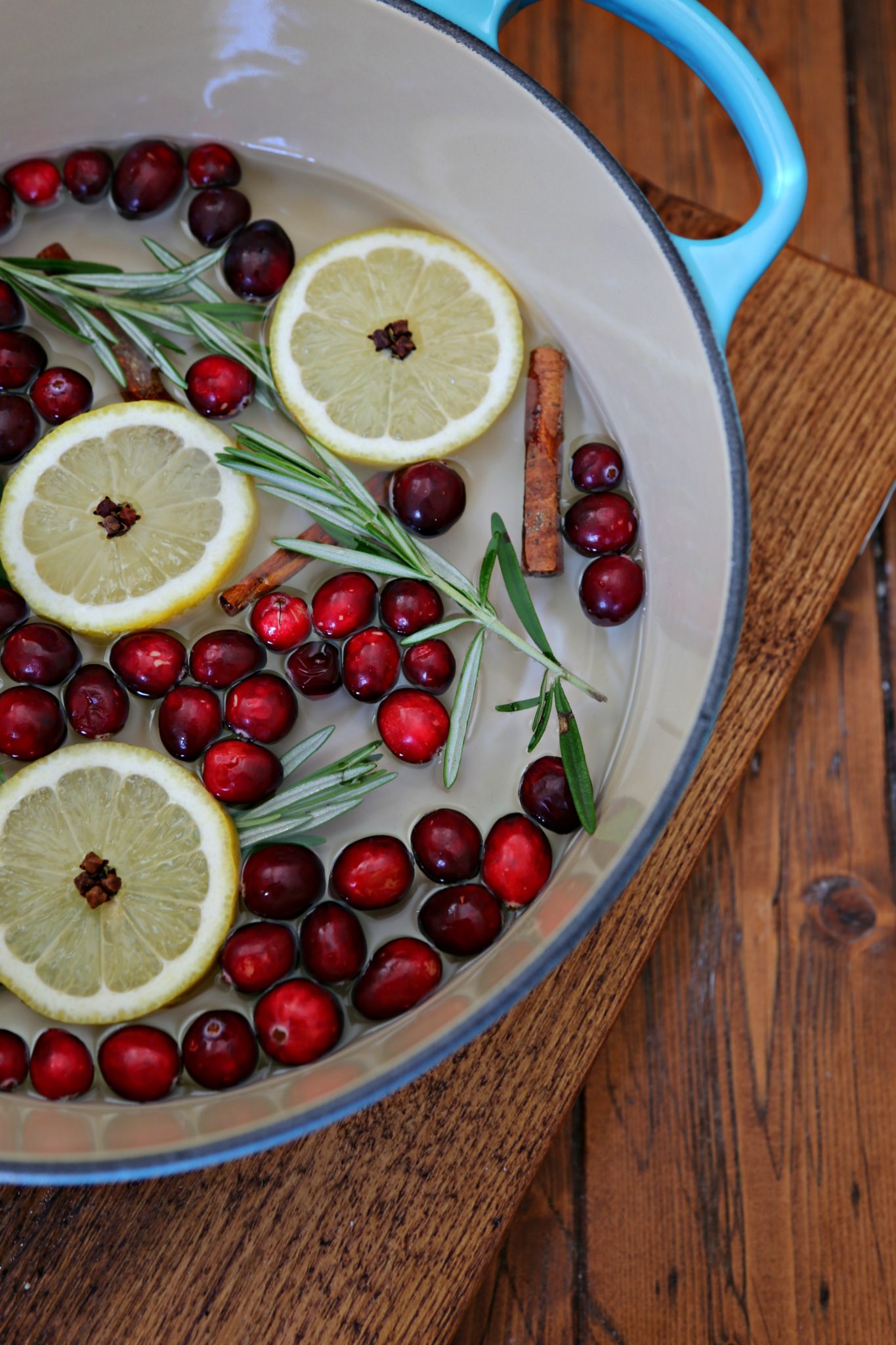
How to Make a Holiday Simmer Pot bell' alimento
In a pot, bring water to a boil and add at least one orange rind, one apple peel or more, two cinnamon sticks, at least two whole cloves, and two-star anise. Lower the heat to a simmer and keep an eye on the pot every once in a while to make sure there is enough water. Continue to 5 of 6 below. 05 of 06.
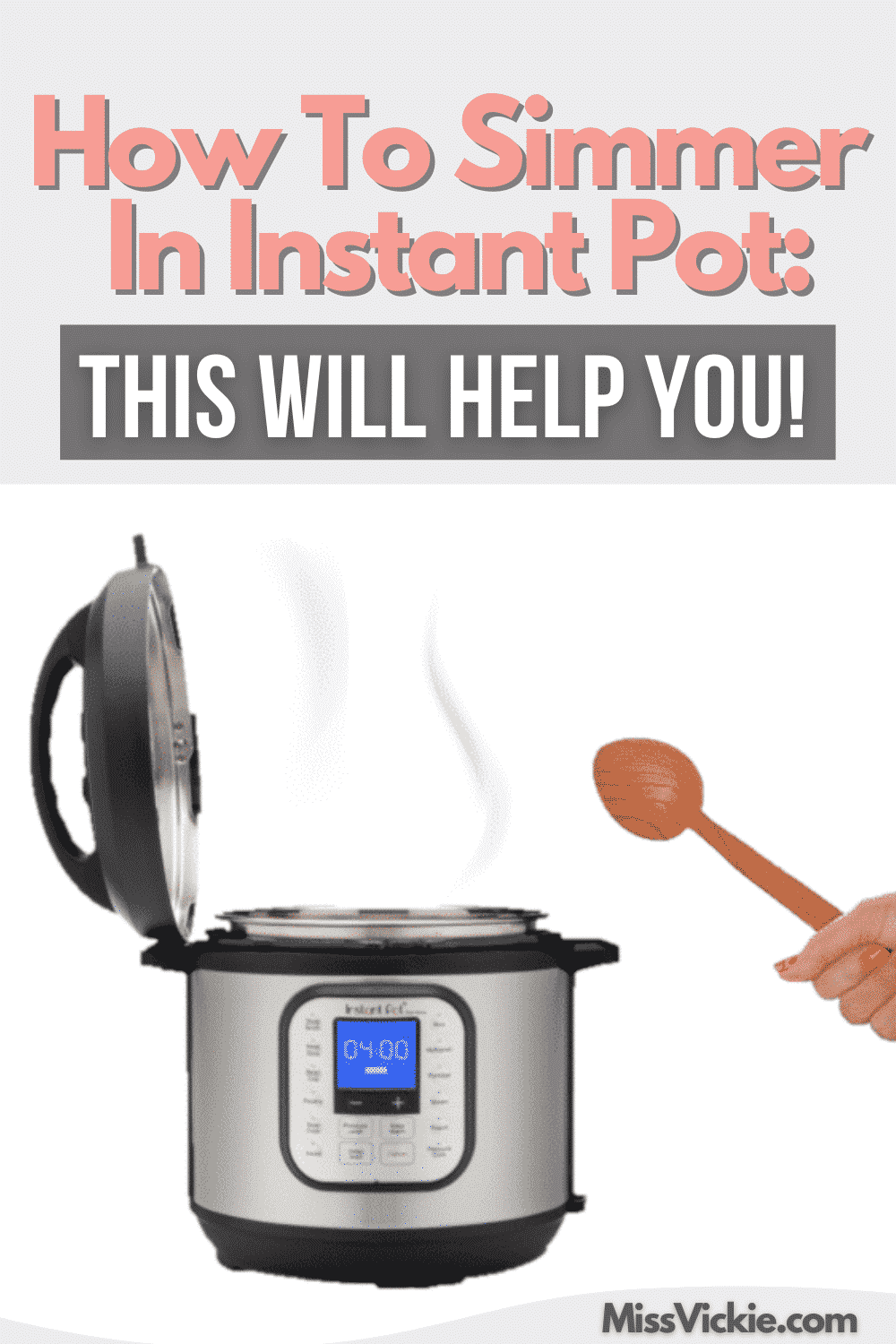
How To Simmer In Instant Pot This Will Help You! Miss Vickie
Add the fruit to the pot. 4. Add cinnamon sticks, cloves, vanilla, bay leaf, and nutmeg. 5. Fill the pot with water, completely covering the fruit and spices. 6. Bring the pot to a boil, then simmer it on the lowest setting. 7. Let simmer as long as you want and add water if needed.

Homemade Christmas Potpourri Simmer Pot Recipe Natural Air Freshener
Knowing the difference. Let's start with the basics. Boiling water is water that's bubbling at 212ºF. A good, fast boil is great for making pastas and blanching vegetables. Simmering, on the other hand, is slower than that nice bubbling boil. It's still very hot—195 to 211ºF—but the water in this state isn't moving as quickly and.
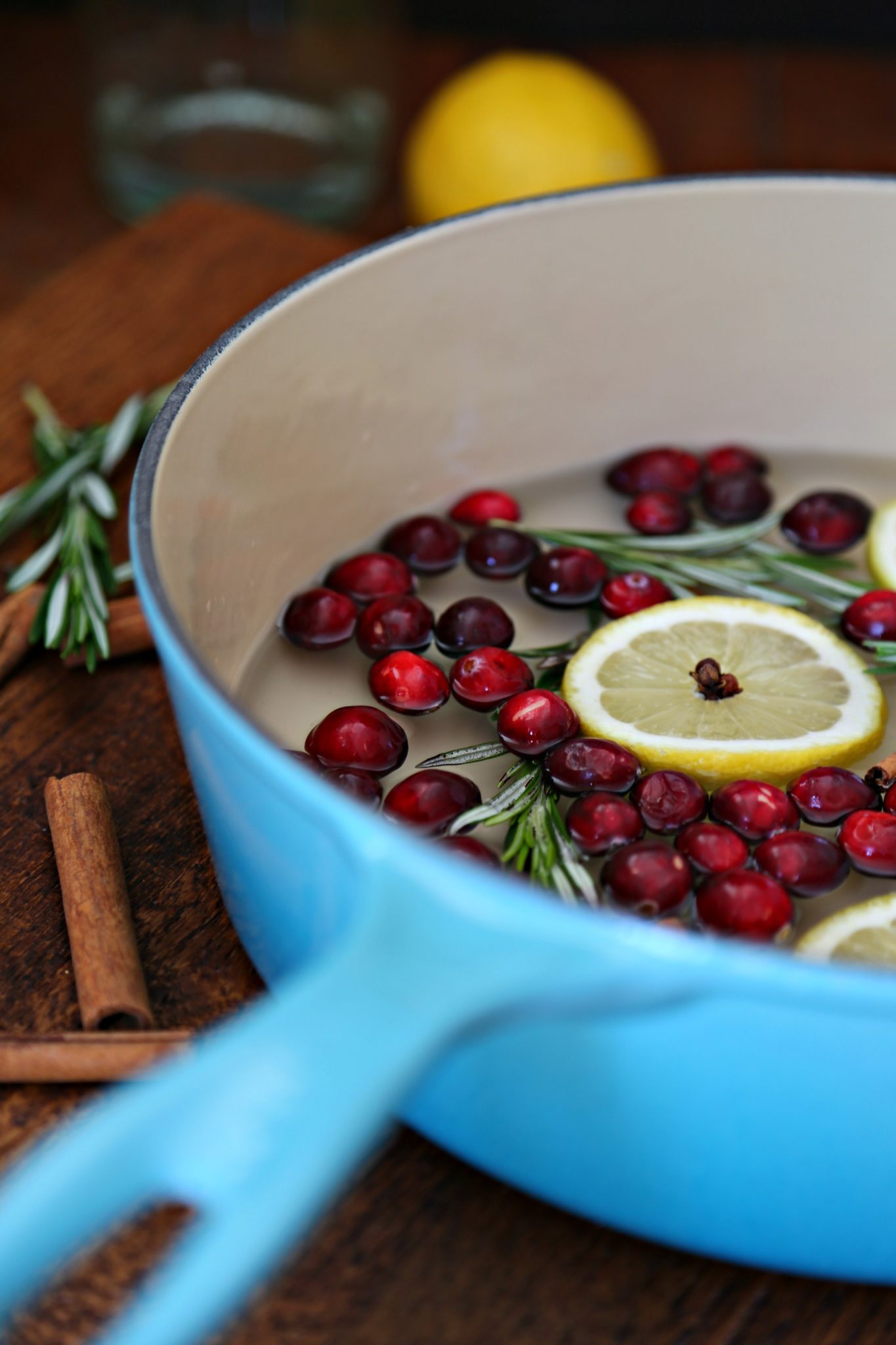
How to Make a Holiday Simmer Pot bell' alimento
Instructions. Slice the orange into 4-5 rounds and put them, along with the rest of the ingredients into a medium sauce pan with 6 cups of water. Bring to a boil, then simmer on low for as long as you like, adding water when needed.
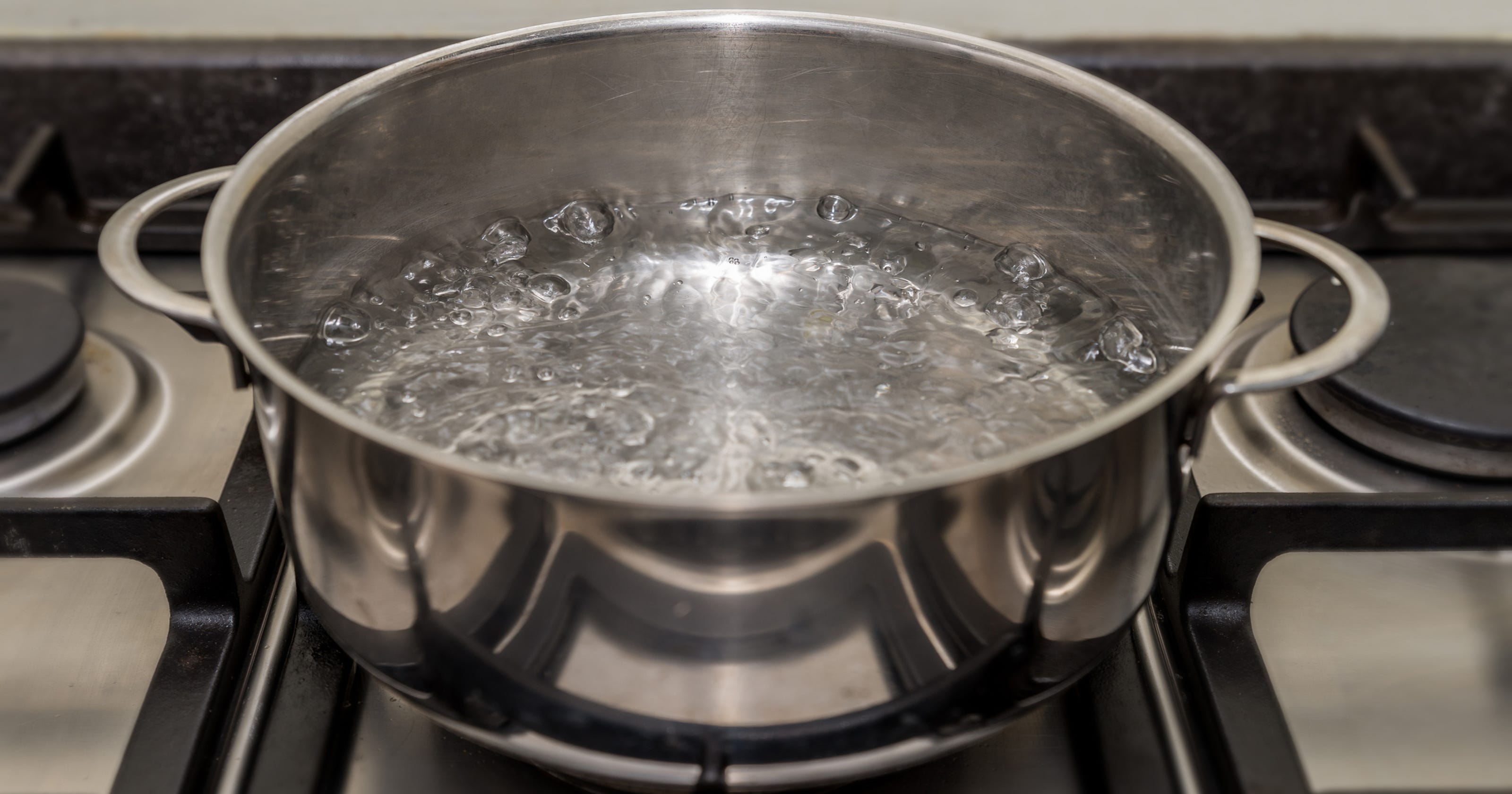
Boil water advisory What you need to do
1. Cinnamon Sticks. They're a classic potpourri spice for good reason — a few sticks in a simmering pot of water will make your entire home smell like you've got cinnamon rolls baking. 2. Cardamom Pods. For something a little more tropical, a few cardamom pods will do the trick.

How To Make A Simmer Pot. The natural way to add moisture and a
Soothing Herbal simmer pot. 1/2 cup of dried lavender or 6-8 drops of pure lavender essential oi l. a branch of fresh eucalyptus. a few sprigs of rosemary. Start by adding small amounts of the herbs to the simmer pot because very often the smells become stronger once they start to boil or as they simmer.

How To Simmer In Instant Pot_ The Setting To Use And Full Guide Hero
Simmering. Simmering, on the other hand, occurs at 180-190 degrees F and is much gentler than boiling. Instead of vigorous bubbles, you'll see smaller bubbles that break the surface of the water. The water may even shimmer, as though it's about to move. Maintaining a simmer can require close attention, because as heat builds in a pot, a simmer.
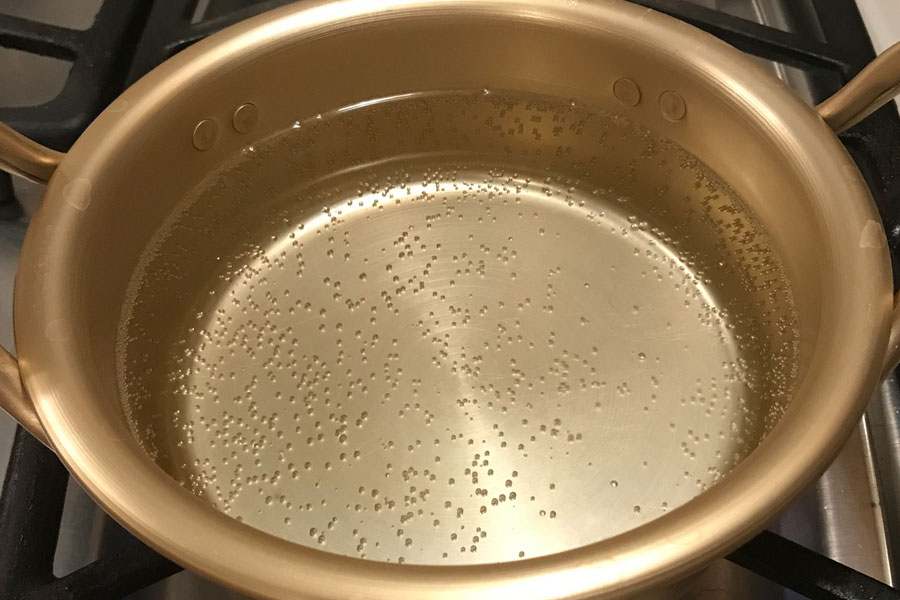
Boiling Water is a Science Zojirushi Blog
Directions. Fill the pot or slow cooker about halfway with water and place on medium heat setting. Cut the orange into 1/4-inch slices, and place them in the pot. Add the remaining ingredients one at a time. As soon as the mixture begins to boil, reduce the heat to a low/warm setting.
/simmerpotfinal-5c4e2af246e0fb00014a2c53.jpg)
6 Simmer Pot Recipes to Make Your Home Smell Great
Make sure not to let the water boil, but rather keep the heat at a low simmer so the water in the stovetop simmer pot produces steam. As the water will evaporate, so make sure to check the water level every 30 minutes or so. Add more water as needed, making sure that the ingredients of the fall simmer pot are covered with water at all times.

Stovetop Simmer Pot (Stove Top Potpourri) Our Best Bites
Add all ingredients to the pot and then fill the rest of the pot with water. Leave a few inches at the top for boiling. Bring to a boil over medium heat and then turn heat to low. Let simmer for up to 2 hours.
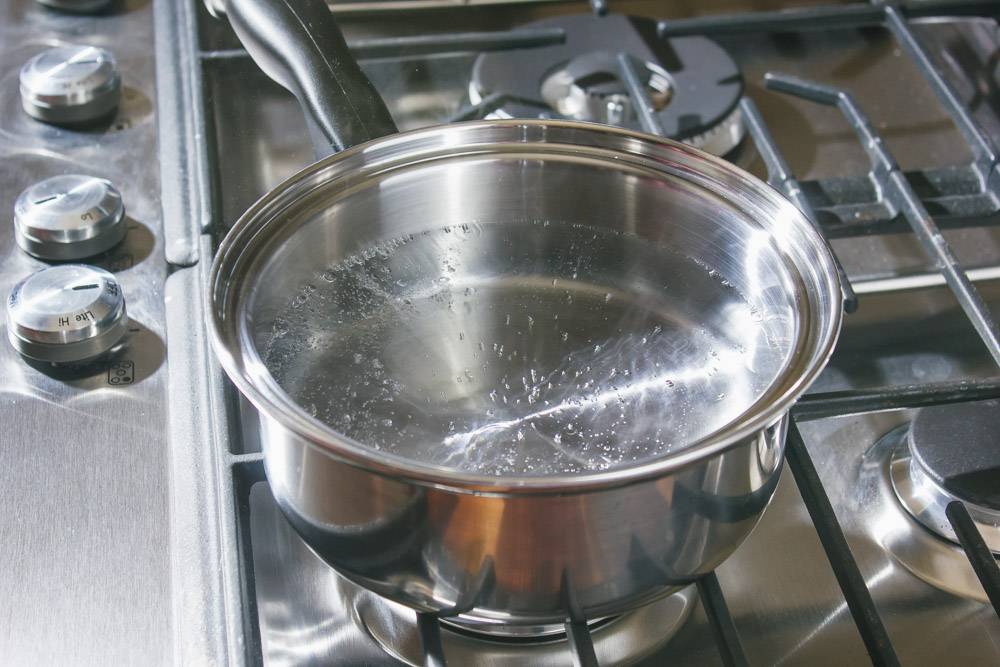
Technique Boiling and Simmering
Rapid Simmer: Medium- to medium-high heat, more aggressive bubbling in the pot, but the bubbles should still be fairly small. Most often used for reducing sauces. Boiling: High heat, lots of big bubbles over the whole surface of the liquid, roiling activity in the pot. Most often used for boiling pasta and blanching vegetables.